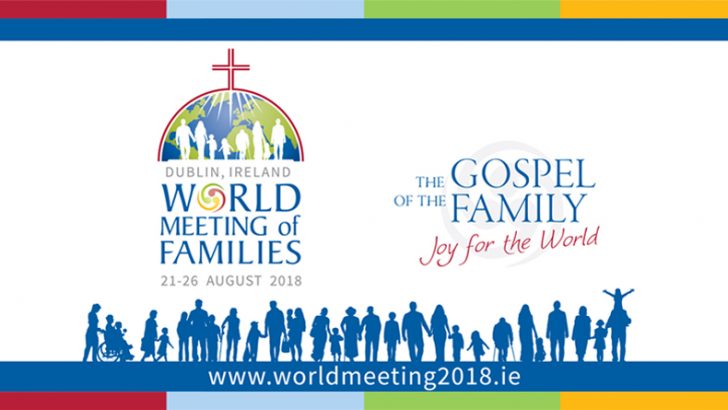The New York Times had a long article earlier this month on what it described in the headline as “the demise of the Church” in Ireland. Much has been made of the effects of abuse scandals and a tidal wave of secularism on the Faith. But, to paraphrase Mark Twain, rumours of demise are greatly exaggerated in the light of the evidence.
According to new figures from the European Social Survey (ESS), 36% of Irish adults still attend a religious service at least once a week, this figure being only slightly down on the 2014 figure of 37% and second only to Poland among the 18 countries surveyed.
The ESS, which is one of the biggest surveys of social attitudes across Europe, is conducted every two years.
Of course, there’s no hiding the fact that religious practise in Ireland is down and will likely continue to decline. So, is the glass half-full or half-empty? That all depends on perspective.
Prof. Stephen Bullivant, who is director of the Benedict XVI Centre for Religion and Society at St Mary’s University, London, believes that there are two very different ways of looking at the data. “If you compare it to Ireland 30 years ago, there’s obviously a significant decline there, but if you compare Ireland to any other modern western country, it’s astonishingly religious,” according to Prof. Bullivant.
“It’s perfectly natural for people in the Church in Ireland to see decline,” he says. “But from anybody on the outside, the remarkable story is how long Irish religiosity – especially for an Anglophone society – has held up.”
It is with this backdrop that Pope Francis is expected to arrive in Dublin next August to lead the World Meeting of Families. Dublin-born Cardinal Kevin Farrell, who heads the Vatican’s Dicastery for Laity, Family and Life, says that the Pontiff told him that it was Ireland’s missionary history that had inspired him to choose the country for next year’s global gathering of Catholic families.
“Do you know that I have read that Ireland sent missionaries – I even had Irish priests in Buenos Aires – all over the world? They Christianised many parts of Africa, some parts of Latin America, certainly North America,” the cardinal described Pope Francis as saying.
“We need, Pope Francis said, to ensure that they be part of the revolution of promoting once again marriage and family life in our world today,” the cardinal continued, describing how the Pontiff said the situation in Northern Europe was drastic, and that something needed to be done. “That’s why he chose Ireland to be the centre of the next gathering of the families,” Cardinal Farrell said.
In less than eight months, Pope Francis will have come and gone from Ireland. We will undoubtedly be counting the numbers (and costs) and assessing the success of the visit and the World Meeting of Families.
The Church here must see the visit of the Pope as an opportunity to speak about what it teaches in a positive light.
A lot of the conversations around religion in Ireland in recent years have been about quite grim or at least difficult subjects. We’ve had to face the challenge of dealing with abuse, and a general sense that Catholicism is part of a darker past of Ireland’s mistakes.
The visit of a Pope, who emphasises that Christians must be people who smile, people of hope and people who offer a needed message of mercy and charity, is an opportunity for the Church here to speak more positively to younger generations.
Come Holy Spirit.


 Michael Kelly
Michael Kelly
